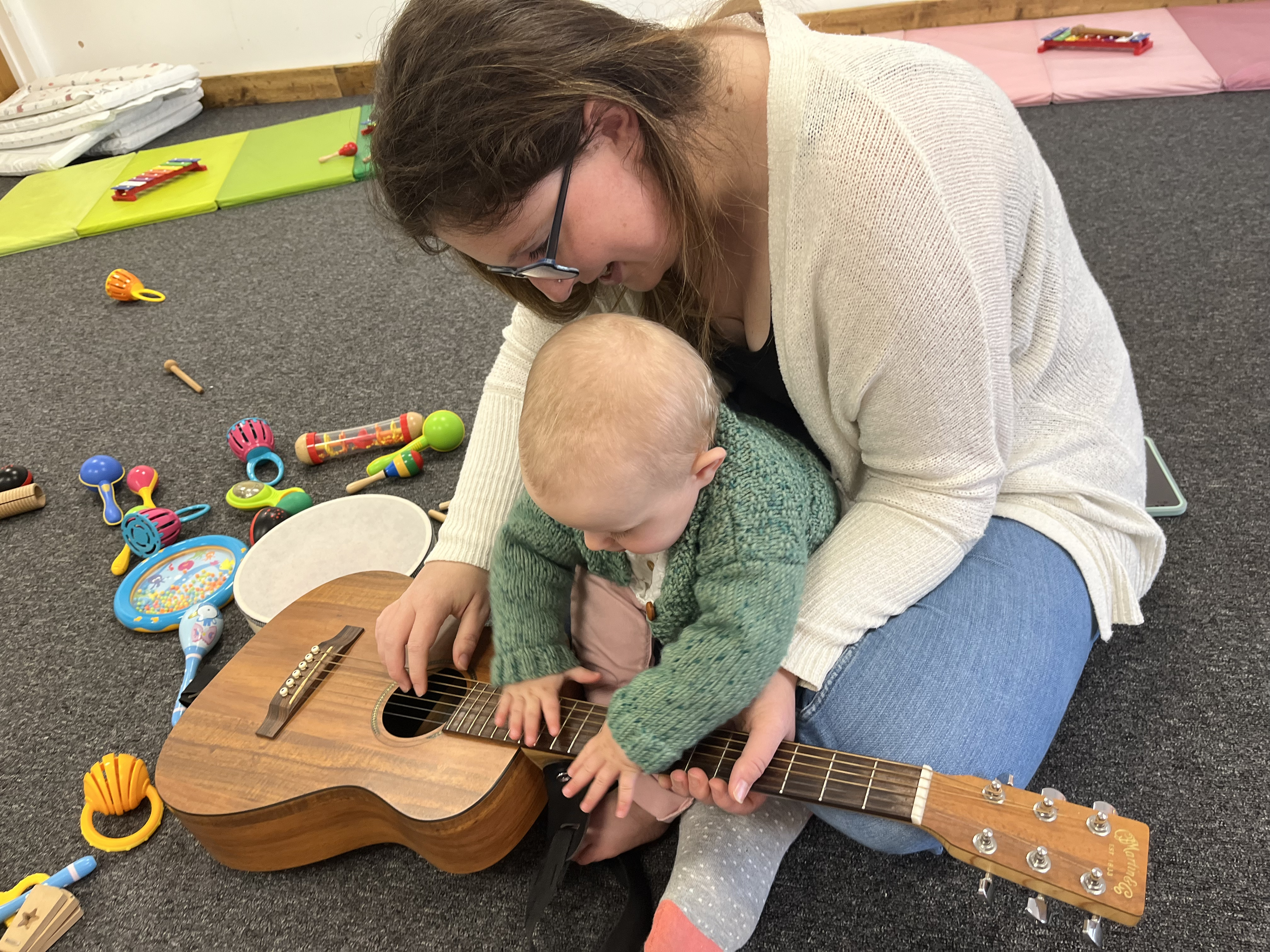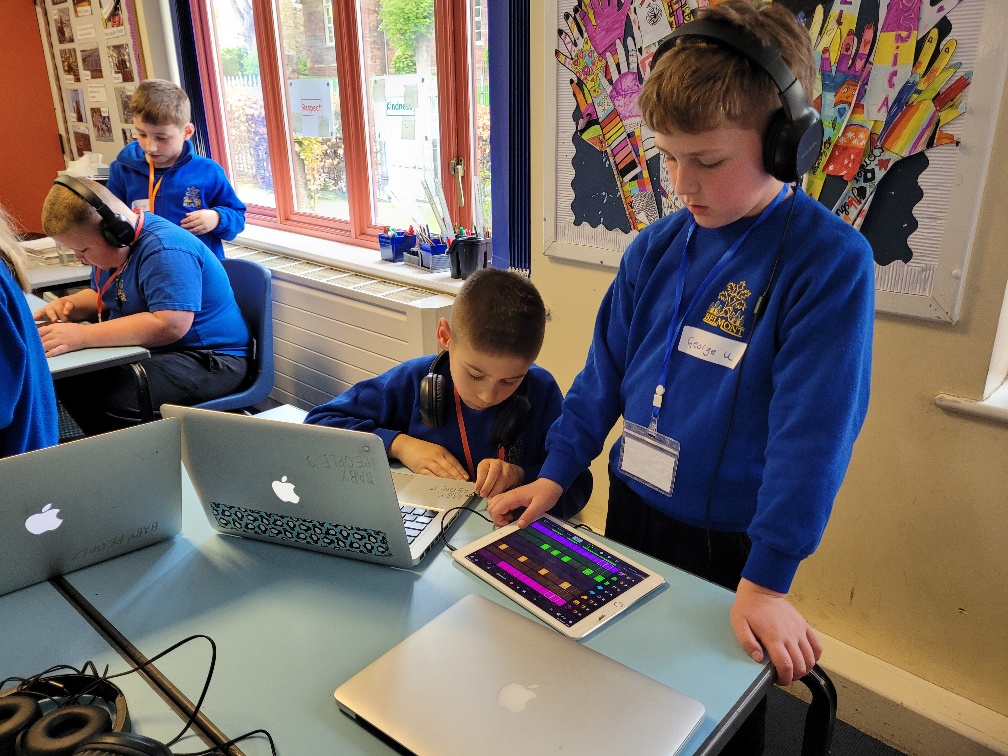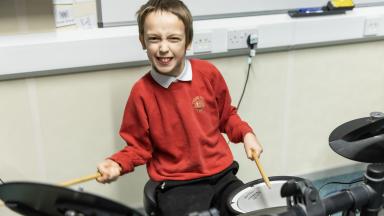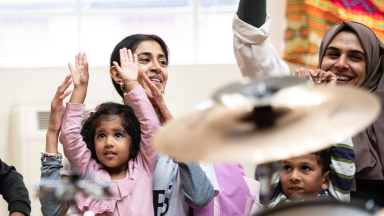World Children’s Day (20th November) - a United Nations initiative dedicated to children’s rights and wellbeing - serves as a pertinent reminder of the vital role music education plays in young lives.
Recently, Prime Minister Kier Starmer voiced his support for making music education accessible to all children, yet the barriers faced by many children, as discovered in our Sound of the Next Generation (SONG) report (2024), still persist.
A challenging time for children
In the past six years, children and young people have faced unprecedented challenges. Our SONG report revealed that the combined pressures of the pandemic, social restrictions, and economic strain have led many to feel less engaged and more disconnected from educational opportunities. Compared to 2018, they report fewer opportunities to explore their interests and feel less positive about school overall.
Music, traditionally a source of comfort and expression for many, is one of the areas hit hardest. Music lessons can provide an emotional outlet, foster creativity, and build self-confidence, especially during tough times. Yet, our report reveals a worrying decline in access to music education, which is disproportionately affecting those from lower-income backgrounds. Plus, young people in villages and rural areas are the least likely to be making music, often missing out on resources available in cities.

Music education in decline
Our SONG report paints a clear picture: while most school-aged children enjoy their music lessons and connect positively with their music teachers, these experiences are becoming less common. Even parents are growing increasingly concerned about the state of music education. Only 11% of parents of children under five, for example, feel confident that their children will receive adequate music education in school. Good news then, that a Department for Education consultation into the national curriculum and assessment currently taking place has as priority to deliver “a broader curriculum, with improved access to music, art, sport and drama, as well as vocational subjects”. You can share your views until 22 November 2024.
Parents recognise the benefits of music for their children’s development, with 89% believing music will help their child develop important skills. However, systemic gaps continue to undermine access, particularly for early years learners. Creative education for 0-5 year-olds has long been deprioritised within policy and funding frameworks, with early years initially excluded from the National Plan for Music Education. While early years are now included, there is no dedicated funding to support this age group. In response, we launched our Energiser Fund earlier this year, which tackles this gap by investing in music opportunities for the youngest children—a necessary step toward equity and inclusion.
This diminishing access to music education doesn’t only affect children’s exposure to musical skills and knowledge. It undermines their emotional, social, and cognitive development. Our research found young people using music and lyrics as a therapeutic tool, to build a sense of identity, belonging, and accomplishment—especially crucial for children navigating challenging times.
The inequality gap in music access
Children from lower-income backgrounds often face significant barriers, both financially and socially, when it comes to making music, our SONG report uncovered. They feel less supported, less confident sharing their music, and are more likely to create music alone. Without the encouragement or resources to develop their musical interests, these children are less likely to see themselves as musicians later in life —whether as paid professionals or simply for personal enjoyment.
Additionally, digital music-making has emerged as a popular form of expression for younger children. 48% of musical pre-schoolers are already making music on phones or tablets, which shows the potential for technology to engage children creatively. However, access to the necessary devices or support to make meaningful use of these tools remains unevenly distributed.

Support for music education
In light of these findings, Starmer’s recent statement—that music education is not a luxury but a critical part of a well-rounded education—marks a hopeful shift in government priorities. Increased investment in music programs could restore resources lost in schools and strengthen grassroots music projects. These programs are vital to providing opportunities for children, regardless of their economic or geographic background.
Through initiatives like the Energiser Fund, we are working to expand opportunities for early years education and provide inclusive music-making experiences across the UK. But to make lasting change, we need a collective effort. Parents, educators, policymakers, and community organisations all play a role in advocating for music education, ensuring that every child can access its benefits.
By addressing these disparities, we’re not just investing in the next generation of musicians; we’re investing in the mental wellbeing, confidence, and potential of children everywhere.
Read next...
Safeguarding hub
Find out what safeguarding means and what Youth Music expects from funded partners.
Youth Voice hub
Find out what Youth Voice is, why it's important, and resources on how to do it.
Being Energised by the Early Years
It's time to invest in the creative power of our babies and toddlers. That's why we have launched our new Energiser Fund, to celebrate and energise creative practice with 2-4-year-olds.



